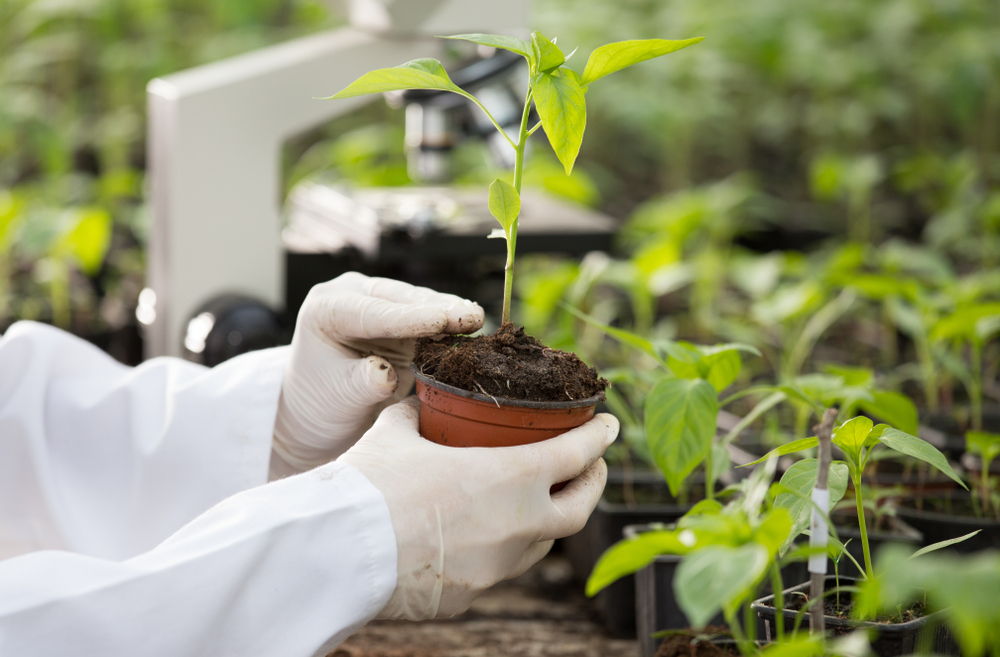Over the past decade, organic foods have soared in popularity. But it’s important to note that “popular” doesn’t mean “safer” or even “more healthful.” Researchers at Kings College London announced over the weekend that “organic food has no higher nutritional value compared to conventional food.” The study, which echoes the findings of previous research, demonstrates that price is the only real difference between organics and ordinary food.
There is an overwhelming scientific consensus on this issue. Government agencies also maintain this position, explicitly noting that organic food is “not significantly different… from food produced conventionally.” Some scientists have even found evidence suggesting that “natural” consumers often get less bang for their buck. One of these researchers told today’s Daily Mirror: “Indeed, my research has found that vegans and vegetarians who tend to favor organic food are more likely to have diets deficient in iron, vitamin B12 and vitamin D.”
Nutrient deficiency isn’t the only problem. During the same period during which organics have boomed, thousands of consumers have fallen ill. The cause: natural bacteria and toxins commonly found in organic and natural foods. Many of these victims have suffered permanent damage to their livers, kidneys or eyesight. A few have even died. That’s a big price to pay for something that already carries a hefty price tag.
Bottom line? If you must have that $6 bunch of carrots, it’s entirely your choice. But if you believe you’re getting extra bang for your buck, well … you’re not. And despite the trendy cachet of organic-only eating promoted by some environmental groups, the United Nations now says that organic agriculture’s comparatively poor per-acre "yield" makes it a lousy tool for feeding the planet’s growing population. If farmers are limited only to organic agriculture, says the head of the UN’s Food and Agriculture Organization, "you cannot feed six billion people today and nine billion in 2050."
Filed Under:
Organic Activists




